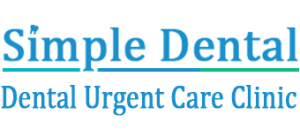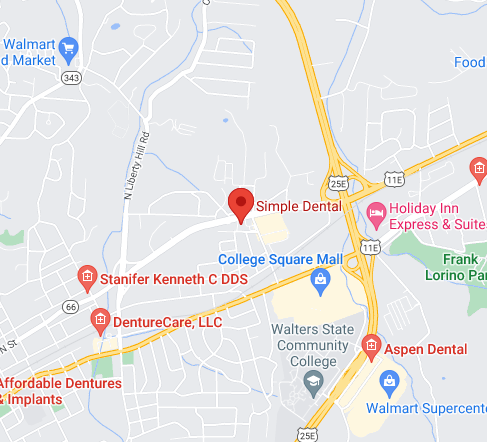When You Might Need a Tooth Extraction
No one wants to lose their permanent teeth — but sometimes, this can’t be avoided. In certain situations, our dentists in Morristown, TN , Simple Dental might recommend having a tooth pulled or extracted. It’s usually a last resort if the tooth can’t be saved with a root canal or other treatment. The following are a few reasons why you may need to have a tooth extraction done.
Severe Tooth Decay
If you have badly decayed teeth, we might need to pull them. Leaving them in your mouth puts you at risk of infections and can lead to a lot of pain.
Advanced Gum Disease
If you have periodontal disease that hasn’t been treated or isn’t responding to treatment, you might end up needing a tooth extraction. This condition can cause teeth to become loose as gums recede.
Trauma or Injuries
Do you have a cracked or fractured tooth? If tooth injuries are severe enough, the affected teeth might need to come out.
Crowded Teeth
If you have too many teeth or teeth that are crowded together, we might recommend pulling certain ones. This helps ease crowding and all of the problems that come with it, such as a higher risk of decay.
Impacted Teeth
Do you have teeth that haven’t broken through your gums? These impacted teeth usually need extraction before they lead to other issues or ongoing discomfort.
Contact Us Today for Dental Care!
Do you have an injured or decayed tooth that might need removal? Our dental team at Simple Dental performs tooth extractions in Morristown, TN, if needed. We’ll evaluate the condition of your tooth and determine the best way to handle it! We can also recommend options for replacing the tooth you’re losing.





